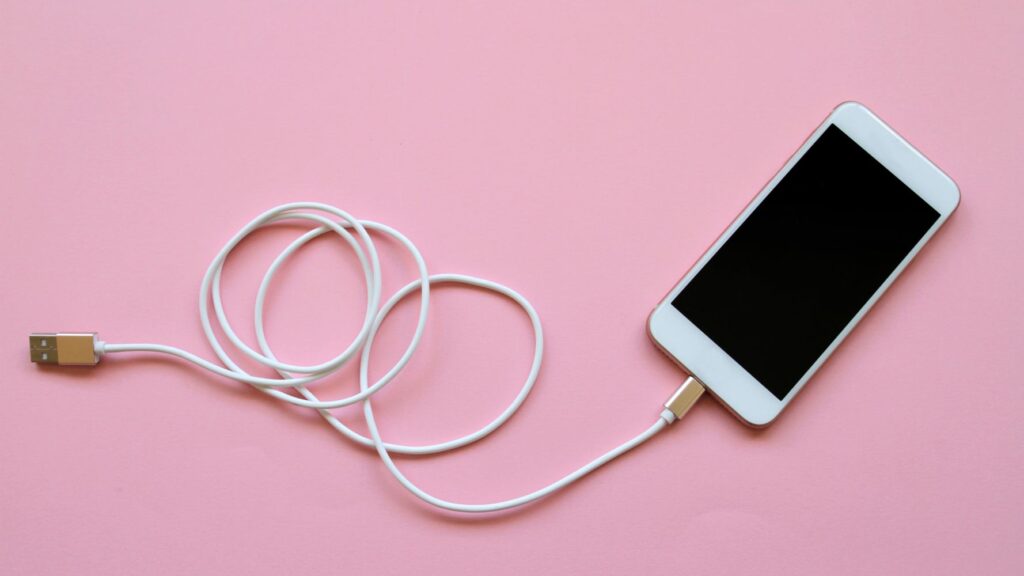Exploring the technology for meeting out the energy-demands and climate change simultaneously, scientists are keen on testing and experimenting ways of generating energy. Let it be, solar, wind, geothermal, or even sweat (just could be used to charge the smartphones), the topic is hot for this decade. And now, your urine could charge your mobile.
This may sound weird and unconvincing, but the truth remains the same. Yeah, to make things easier, effective and more innovative, scientists have tested to use urine as a charger for the modern-day smartphones.
A team of researchers at Bristol BioEnergy Centre in United Kingdom unveiled a project, which was first demonstrated to the world at the Glastonbury festival about two years back, called to be the “pee power”. They proved human wastes can generate a steady dribble of electricity. The Pee Power, first held to power the smartphones, lightbulbs and robots, now could be a new resource of energy to light-up and electrify your entire home, scientists claim.
Pee-Power
The idea is based on something called microbial fuel cells, a biotechnological innovation, wherein tiny living creatures called microbes fills the battery and generates electricity as described below.
The microbes, in general, break down the matter into its chemical parts and, as they multiply, it constitutes to tiny sparks of electricity. At first, Dr. Ioannis Ieropoulos, the director of Bristol BioEnergy Centre, experimented with a robot that could eat rotten plums and dead flies. After proving that organic waste could power the robot’s battery, the team turned their energies to human waste. Following this, integration of the fuel cells enable them to multiply the amount of energy generated, which could be used to power even your home.
How much Energy Can Urine Generate?
On questioning this to the director of the centre, “The flow of urine from people coming into the urinal over five days at the festival (where they demonstrated at first) enabled us to generate 300 watt-hours of electricity”, he told. To put that in perspective, it’s lightening single one-watt bulb for 300 hours or single ten-watt bulb for 30 hours.
Further approach made them to shrink the fuel cells to the size of bricks, aiming to fit the batteries into the walls of houses, ultimately to power the appliances.
Want to turn on the AC? Drink enough water & pee! 😅
An average human produces between two and two-and-a-half litres of ‘liquid excreta’ per day, and keeping that in account, a household of five, for example could pee 10 to 12 litres of urine per day. That’s a plenty of energy sufficient for a scaled microbial fuel cell system to continuously provide electricity, the centre says.
Related Posts
Dr. Ioannis adds: “It uses the same household wastewater which is produced on a daily basis. Right now, it ends up going down the drain and has to be treated by a water company. But we’re doing treatment on-site and it results in really useful amounts of electricity.
Sometime at a long run, pee power could be conjoined with solar panels and wind turbines to provide totally renewable energy, which the world now craves for.
Then – Your family works to pay electricity; Now – Your family generates electricity. Technology is crazy!
(For more such interesting technology and innovative detailing, keep reading The Inner Detail).

